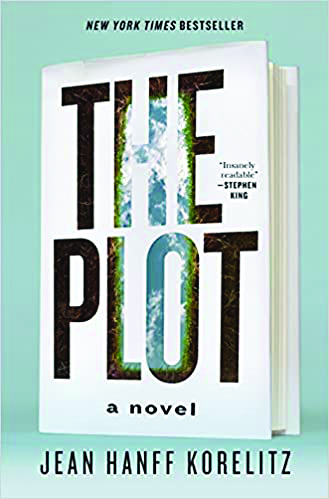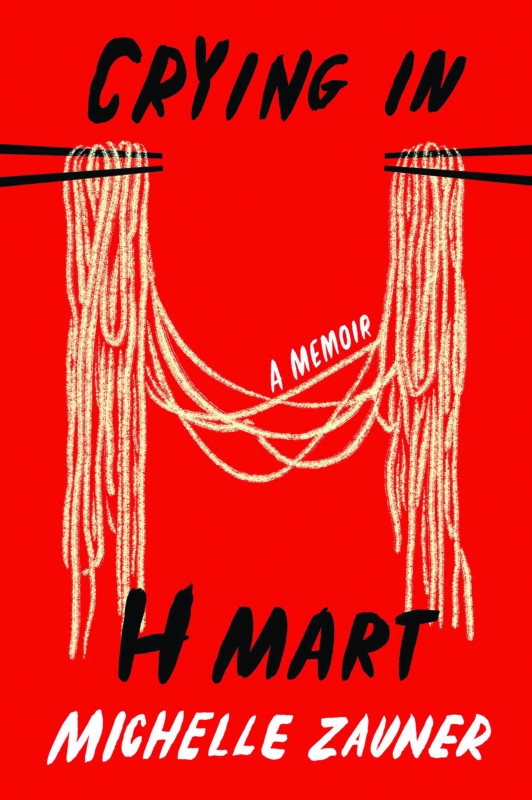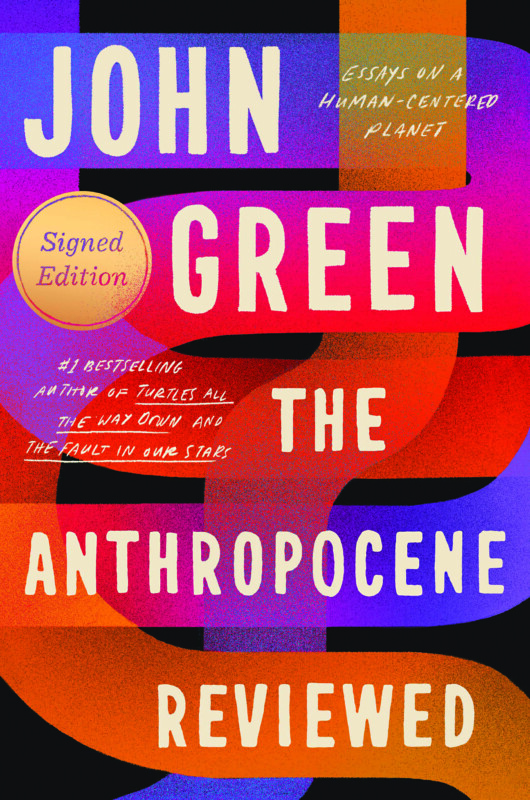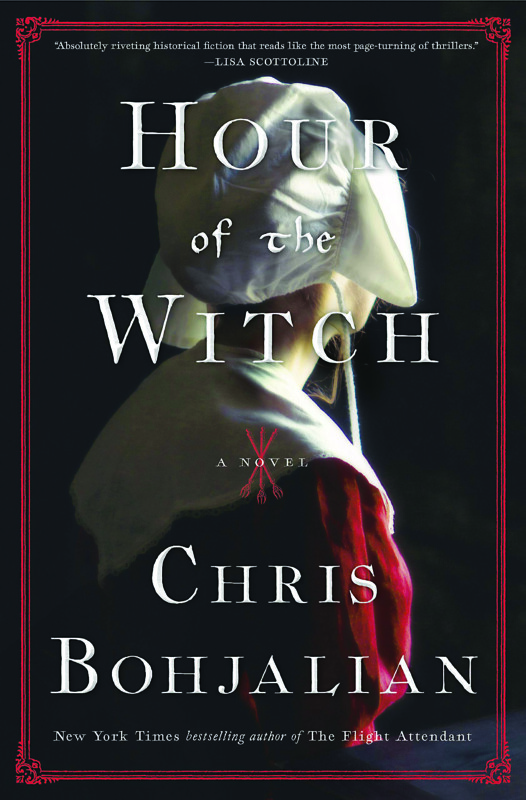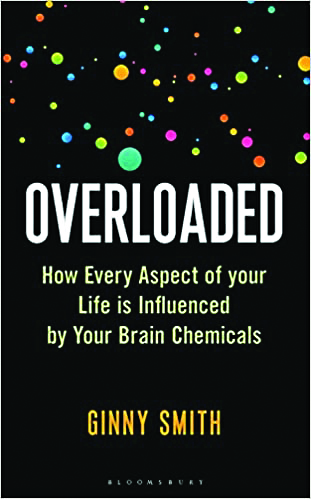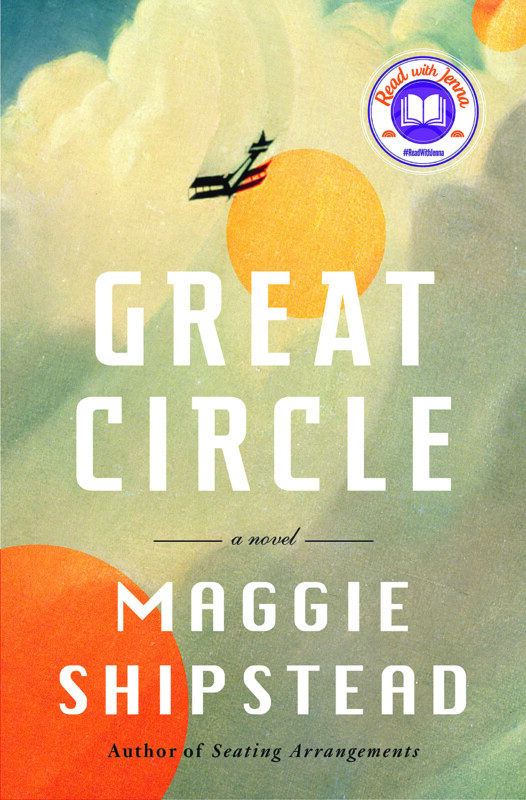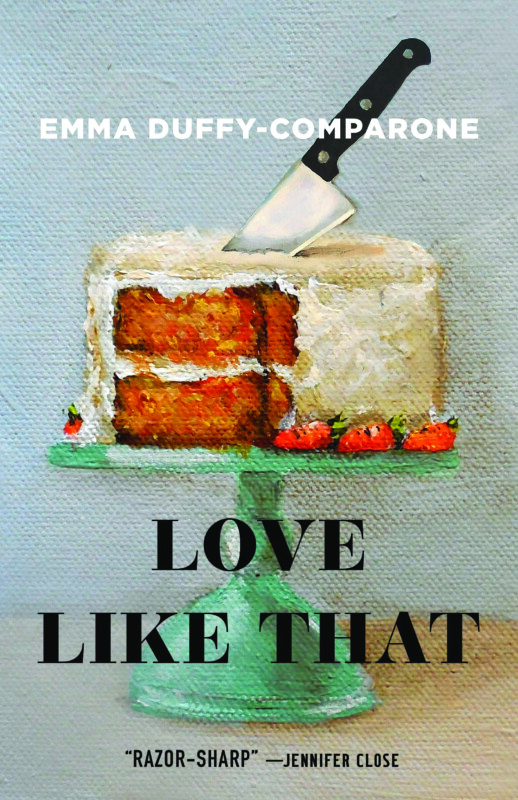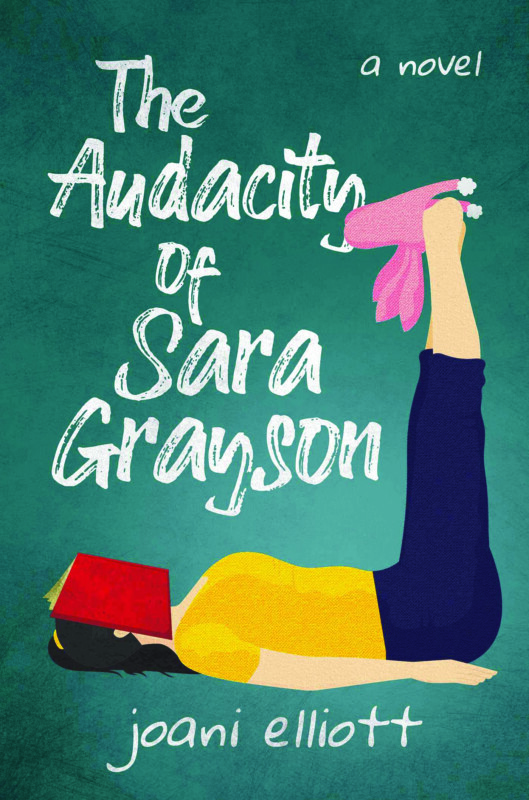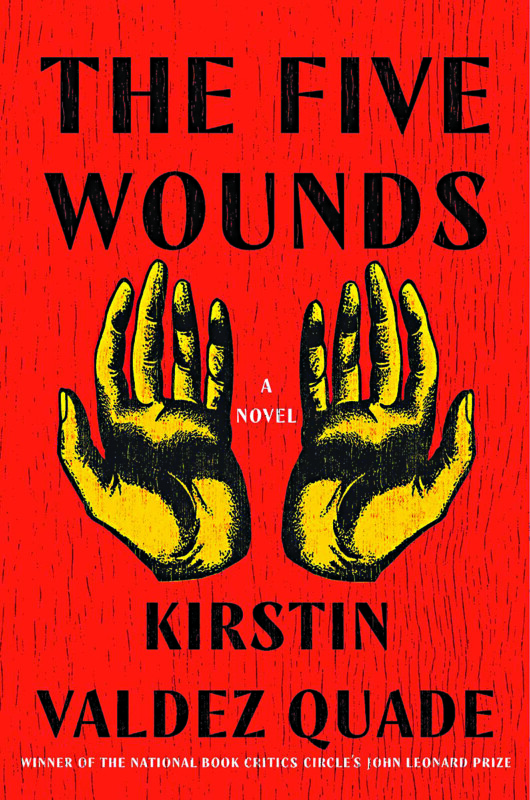The Plot, by Jean Hanff Korelitz (Celedon Books, 320 pages)
Writers, for the most part, live boring lives. We sit at our desks and imagine a world that may or may not exist. The last time we read about a writer having an “adventure” was in Misery by Stephen King.
And we all know how that one turned out — ouch.
Still, writers are my people, they are my tribe and if a fictional suspense thriller comes out where the main protagonist is a writer? I’m in. Such is the case with The Plot by Jean Hanff Korelitz.
The plot of The Plot is a bit convoluted, but that’s what makes it so interesting. A one-hit wonder novel writer named Jacob (Jake) Bonner stalls on writing his next book for years. He admits that for a writer, his best days may be behind, which sends him into a depressive spiral. To make money and barely survive he “teaches” (read shows up) at an MFA program for writers.
Part of what Jake teaches about writing fiction is plot. Writers all know that there are only so many plot lines out there. The quest, the voyage and return, coming of age, overcoming the monster, etc. All plots fall within those boundaries and we are taught that no other plot lines exist.
One of his students, a brash, rather uneducated brute, tells Jake his idea for a book. The plot, he insists, is one that has never been written before and is so good that it won’t matter if the writing is not proficient — the book will sell.
Hmm, that must be one heck of a plot.
The student tells Jake his story’s plot and Jake has to agree: It’s a plot line that has never been identified. It’s really good. The student is right to be cocky; he’s going to make a lot of money from the book. Even if it’s poorly written.
After the program, the student moves on and Jake continues to sink into a depression.
Years later, Jake wonders why there has never been any talk about his student’s book with the unique plot. After doing a little research he discovers that his former student had died a few months after the writer’s program. The book was never written.
So Jake writes his student’s story. It’s important to note that he doesn’t plagiarize the words of his student, but he does use the idea of his plot, in much the same way that The Lion King uses the plot of Hamlet. Just like the cocky student predicted, the plot of the story is so good that, especially when done by an accomplished writer, the book zooms to the top of every best seller list. Jake is in hot demand, he’s on TV, a movie by an A-list director is optioned. Everything is wonderful! Jake even finds a supportive fan girlfriend who seems to fill in all the holes in his world. Life is definitely good.
Until Jake gets a mysterious email with the message: “I know what you’ve done, you stole someone else’s story.” This is where the real action starts. We get to watch a writer devolve from guilt (the absolute worst thing you can accuse a writer of is plagiarism, even if technically it’s not true).
The messages keep coming. Jake begins to investigate. If the original student with the plot idea is dead then who is sending the messages? What follows are twists and turns and unexpected happenings that will keep you flipping those pages.
And yes, The Plot is a twist in itself. As it is told, it appears to contain what could be a new plot structure (or at the very least plot device) because at the very end, the one thing that is never supposed to happen in a hero’s tale happens. I literally gasped because we are all taught you just can’t do that.
While you don’t need to be a writer to enjoy this book, having some literary background on plot construction makes it that much more enjoyable.
Short chapters that switch between the current story and the book that Jake wrote work together to weave a series of events that you don’t necessarily know are connected until the very end. While I did suspect something was “wrong” I did not figure out what was going on until it was explained, making this a truly suspenseful read.
I love page-turners and this book was one for me. Started it one evening, finished it the next.
Intelligent, entertaining, swiftly moving — I wouldn’t be surprised if life imitates written art and a movie is made out of this thought-provoking one. A
– Reviewed by Wendy E. N. Thomas
Book Notes
Here’s a tip: If you want to know how a book is really selling, pay no mind to the rating that crops up at the top of the page on Amazon: the one that says a book is No. 1 in a specific category such as “pillow manufacturers for Donald Trump.”
It’s the rating under “Product Details” that tells you how a book is performing, and sometimes this is even more reliable than what the New York Times bestseller list says, a publisher told me this week. No. 1, of course, is best, but anything up to 1,000, give or take a few hundred, is decent.
That said, books that suddenly show up in the top 10, such as last week’s debut of How I Saved The Worldby Jesse Waters (Broadside, 320 pages), can leave some people scratching their heads. If you’re a Fox News viewer, you know Waters as a co-host of The Five; if not, you’ve likely never heard of him.
Similarly, people who vaguely know Bill O’Reilly as someone who was supposed to be disgraced may be surprised to see him holding forth on The New York Times’ bestseller list for the past month with Killing the Mob (co-written with Martin Dugard, St. Martin’s Press, 304 pages).
Fox News did fire O’Reilly in 2017 after charges of sexual harassment, but he now has a podcast and evidently a loyal following for his series of “Killing” books, which include Killing Kennedy, Killing Patton, Killing Jesus, Killing Reagan, Killing Crazy Horse and so forth. The most recent sales show there’s plenty of life left in this series.
Other interesting fare out this month includes a provocative new book by Michael Pollan: This is Your Mind on Plants (Penguin, 288 pages), which is not, as it seems, about a plant-based diet, but about the mind-altering properties of caffeine, opium and mescaline. His latest interest in hallucinogens is a sharp turn from his early, more mainstream books such as The Omnivore’s Dilemma (Penguin, 464 pages) and In Defense of Food (Penguin, 256 pages).
And a novel based on the 2019 film Once Upon a Time in Hollywood, written by director Quentin Tarantino, is out in paperback (Harper Perennial, 400 pages). It’s Tarantino’s first week of fiction and is described by the publisher as “hilarious, delicious and brutal” — just like his films.
Books
Author events
• MEGAN MIRANDA Author presents Such a Quiet Place. Hosted by The Music Hall in Portsmouth. Tues., July 20, 7 p.m. Virtual. Tickets cost $5. Visit themusichall.org or call 436-2400.
• JOYCE MAYNARD Author presents Count the Ways. Toadstool Bookstore, 12 Depot Square, Peterborough. Sat., July 24, 11 a.m. Visit toadbooks.com or call 924-3543.
• GIGI GEORGES Author presents Downeast: Five Maine Girls and the Unseen Story of Rural America. Toadstool Bookstore, Somerset Plaza, 375 Amherst St., Route 101A, Nashua. Sat., July 24, 2 to 4 p.m. Visit toadbooks.com or call 673-1734.
• JESS KIMBALL Author presents My Pseudo-College Experience. Virtual event, hosted by Toadstool Bookstores, located in Nashua, Peterborough and Keene. Tues., July 27, 6 to 7 p.m. Visit toadbooks.com or call 673-1734.
• CATHLEEN ELLE Author presents Shattered Together. Virtual event, hosted by Toadstool Bookstores, located in Nashua, Peterborough and Keene. Thurs., July 29, 6 p.m. Visit toadbooks.com or call 673-1734.
Poetry
• DOWN CELLAR POETRY SALON Poetry event series presented by the Poetry Society of New Hampshire. Monthly. First Sunday. Visit poetrysocietynh.wordpress.com.
• SLAM FREE OR DIE Series of open mic nights for poets and spoken-word artists. Stark Tavern, 500 N. Commercial St., Manchester. Weekly. Thursday, doors open and sign-ups beginning at 7 p.m., open mic at 8 p.m. The series also features several poetry slams every month. Events are open to all ages. Cover charge of $3 to $5 at the door, which can be paid with cash or by Venmo. Visit facebook.com/slamfreeordie, e-mail slamfreeordie@gmail.com or call 858-3286.
Book Clubs
• BOOKERY Online. Monthly. Third Thursday, 6 p.m. Bookstore based in Manchester. Visit bookerymht.com/online-book-club or call 836-6600.
• GIBSON’S BOOKSTORE Online, via Zoom. Monthly. First Monday, 5:30 p.m. Bookstore based in Concord. Visit gibsonsbookstore.com/gibsons-book-club-2020-2021 or call 224-0562.
• TO SHARE BREWING CO. 720 Union St., Manchester. Monthly. Second Thursday, 6 p.m. RSVP required. Visit tosharebrewing.com or call 836-6947.
• GOFFSTOWN PUBLIC LIBRARY 2 High St., Goffstown. Monthly. Third Wednesday, 1:30 p.m. Call 497-2102, email elizabethw@goffstownlibrary.com or visit goffstownlibrary.com
• BELKNAP MILL Online. Monthly. Last Wednesday, 6 p.m. Based in Laconia. Email bookclub@belknapmill.org.
• NASHUA PUBLIC LIBRARY Online. Monthly. Second Friday, 3 p.m. Call 589-4611, email information@nashualibrary.org or visit nashualibrary.org.
Featured photo: Crying in H Mart.

